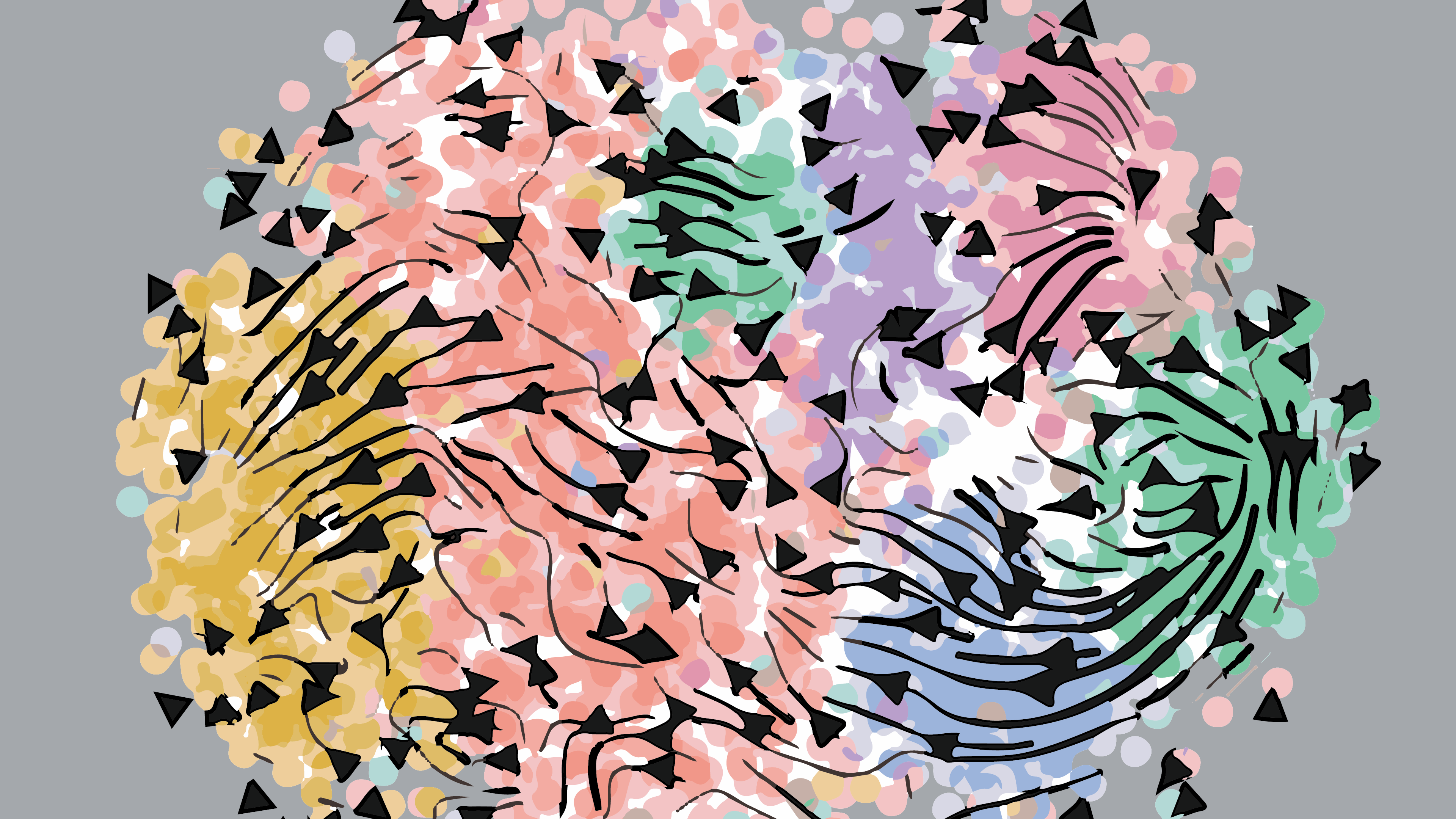
Identification of Liver Cancer Stem Cell Stemness Markers Using a Comparative Analysis of Public Data Sets
Javascript is currently disabled in your browser. Several features of this site will not function whilst javascript is disabled.
Register your specific details and specific drugs of interest and we will match the information you provide to articles from our extensive database and email PDF copies to you promptly.
Kirill Borziak, Joseph Finkelstein Center for Biomedical and Population Health Informatics, Icahn School of Medicine at Mount Sinai, New York, NY, 10029, USA Correspondence: Kirill Borziak Center for Biomedical and Population Health Informatics, Icahn School of Medicine at Mount Sinai, One Gustave L. Levy Place, New York, NY, 10029, USA , Tel +1 212 659 9567 Fax +1 212 423 2998 Email [email protected] Purpose: Comparative reanalysis of single-cell transcriptomics data to gain useful novel insights into cancer stem cells (CSCs), which are a rare subset of cells within tumors, characterized by their capability to self-renew and differentiate, and their role in tumorigenicity. Patients and Methods: This project utilized publically available liver single-cell RNA-seq datasets of liver cancer and liver progenitor cell types to demonstrate how shared large amounts of data can generate new and valuable information. The data were analyzed using EdgeR differential expression analysis, with focus on a set of 34 known stemness markers. Results: We showed that the expression of stemness markers SOX9, KRT19, KRT7, and CD24, and Yamanaka factors Oct4 and SOX2 in CSCs was significantly elevated relative to progenitor cell types, potentially explaining their increased differentiation and replication potential. Conclusion: These results help to further document the complementary expression changes that give CSCs their distinct phenotypic profile. Our findings have potential significance to advance our knowledge of the important genes relevant to CSCs. Keywords: Yamanaka factors, single cell sequencing, CSCs, RNA-seq; cancer
National Institutes of Health and other agencies are funding high-throughput genomics and transcriptomics (‘omics) experiments that deposit digital samples of data into the public domain at a rapidly increasing scale.1,2 The importance of these digital samples of data is further illustrated by the growing number of linked peer-reviewed publications that demonstrate its scientific value.3,4 Investigations of cancer stem cells (CSC) is a promising research avenue, which leads to the generation of large volumes of unique data. There is growing evidence implicating CSCs in causing therapeutic resistance, tumor recurrence, and metastasis. It is known that these cells possess stem-like properties/functions and represent a critical subset within the tumor mass that is responsible for perpetuating the tumor, even in post-therapy patients. CSCs share similar properties with normal stem cells, including the ability to self-renew and differentiate that gives rise to heterogeneous cancer cells, making up the bulk of the tumor.5



















